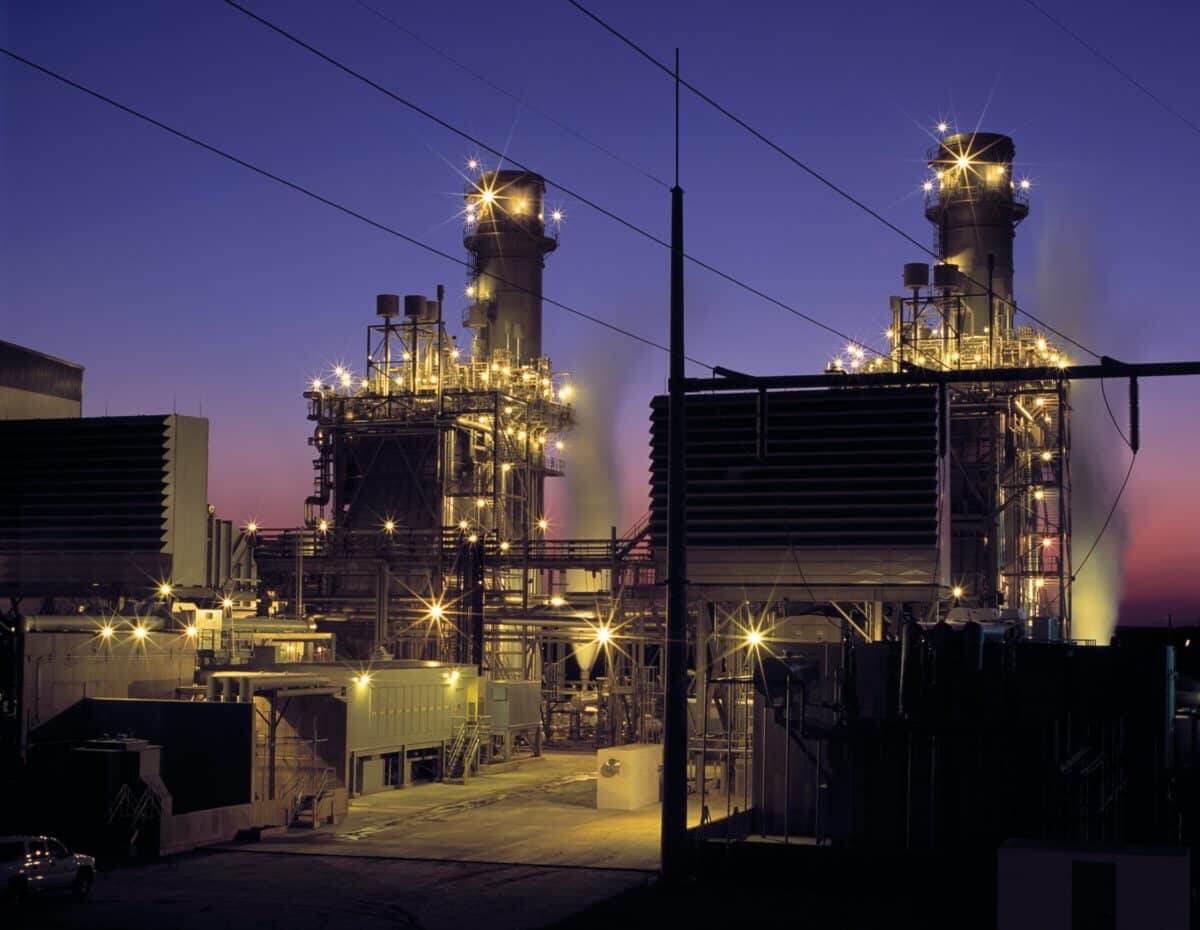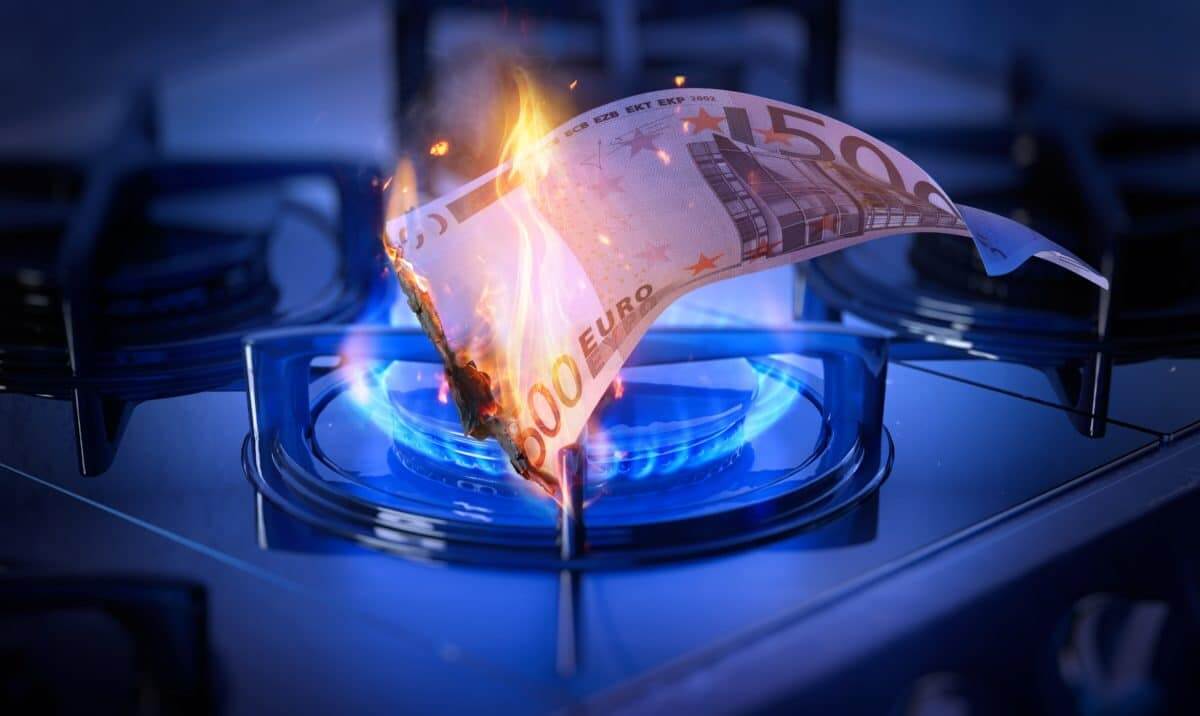
A Glimpse into the World of Wholesale Gas Prices
Europe’s wholesale gas prices have been in the spotlight recently, and the market is experiencing a noticeable shift. On Tuesday, Dutch and British gas prices fell, primarily driven by robust supply and forecasts of milder temperatures. With the benchmark Dutch month-ahead gas contract dropping 1.15 euros to 48.85 euros per megawatt-hour (MWh) and the British November contract down by 5.5 pence to 120 pence per therm, businesses across the continent are taking notice of these changes. We’ll delve deeper into the dynamics of wholesale gas prices and explore the factors influencing the shift.
The State of Wholesale Gas Prices
The recent decline in wholesale gas prices is attributed to several key factors. Strong supply, particularly from Norwegian piped exports, has played a crucial role. Supply nominated at 321 million cubic meters per day, a significant increase from Monday, has added downward pressure on gas prices. Additionally, the bearish weather forecast suggesting milder conditions for the upcoming week is influencing market sentiment. This change in temperature expectations has an undeniable impact on the dynamics of the gas market.
Business Gas Prices and Their Sensitivity
The volatility in wholesale gas prices significantly affects business gas prices. As businesses rely on a stable and cost-effective energy source, fluctuations in the wholesale market can have profound financial implications. Lower wholesale gas prices can provide relief to businesses, leading to cost savings. However, the flip side is that companies that have hedged their gas prices at higher levels may be less likely to see immediate benefits. Understanding the correlation between wholesale and business gas prices is essential for business owners to make informed decisions regarding their energy costs.

Europe’s Gas Reserves and Stability
Europe’s gas reserves play a crucial role in maintaining a stable energy market. Despite a strong supply and lower prices, it’s worth noting that Europe’s gas storage sites remain near full capacity, standing at 99.25%. This remarkable stability in reserves is reassuring for businesses and consumers, as it ensures that any unexpected disruptions can be mitigated, preventing sudden price spikes. The availability of gas reserves is pivotal in ensuring that Europe can meet its energy demands reliably.
EU Gas Price Cap and Regulations
The European Union has been implementing various regulations to ensure that consumers are not exposed to excessive energy costs. The concept of an EU gas price cap aims to protect consumers from unforeseen spikes in gas prices. These regulations provide a safety net for both households and businesses, guaranteeing that energy costs remain within reasonable limits. Understanding these regulations and their implications is vital for all stakeholders in the energy market.
The recent drop in Europe’s wholesale gas prices is a testament to the intricate balance of supply, demand, and weather forecasts. While the decline is beneficial for many businesses, understanding the nuances of this market is key to maximizing the advantages and mitigating risks. With strong supply, Europe’s gas reserves at full capacity, and the EU’s commitment to regulating gas prices, the energy market remains a reliable source for businesses and households alike. As we continue to monitor the dynamic world of wholesale gas prices, it’s crucial to stay informed and adapt to the ever-changing landscape of energy economics.




